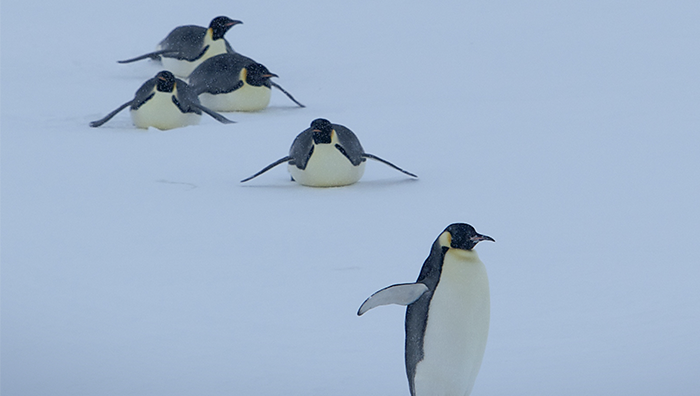They Make the Change: roles of actors in transitions
This paper presents a theoretical framework with a central role for those who actually make the systems change, the actors in transitions, the agents of transformative change.

This Research Paper is based on the article ‘A Proposed Theoretical Framework for Actors in Transformative Change’ by the same authors, which at the time of writing was submitted to Technological Forecasting and Social Change.
Transitions to sustainability necessarily involve systems change. Whether it concerns a transition to affordable and human-centred health care or decarbonised energy supply, the change implied is changed systems. It is therefore no surprise that the eponymous research field studying them—sustainability transitions—has put much conceptual emphasis on systems. The stereotypical description of a transition is as some kind of systemic fight, where an incumbent monolith of a system, usually referred to as the regime, is considered to be under pressure, for example from resource constraints.
In response to such pressures, one or more new systems emerge—typically around innovations and referred to as niches—which eventually replace or transform the incumbent one.
This caricature serves to show that the explanatory core, the golden thread of the narratives, is framed in terms of systems. It is not that we think there is anything wrong with this systemic fight picture, in fact we think there is a lot right about it. But what we also think is that systemic change, as all societal change, is the consequence of human actions, and that transitions therefore should be explained as such. In this paper we present a theoretical framework with a central role for those who actually make the change, the actors in transitions, the agents of transformative change.
Authors
Fjalar de Haan
Jan Rotmans
MSSI’s Research Paper series is aimed at showcasing new and exciting sustainability knowledge. The papers are referenced and are subject to an internal academic review process. The Institute hopes this scholarship will stimulate thought and discussion within the University of Melbourne and in the broader community.